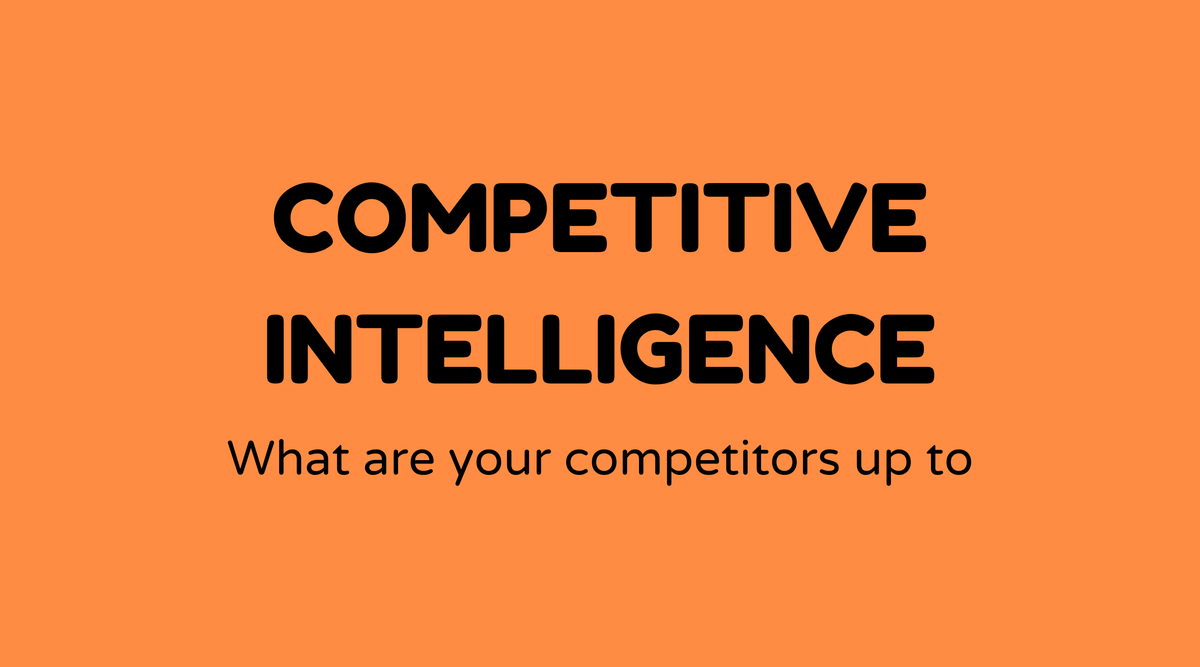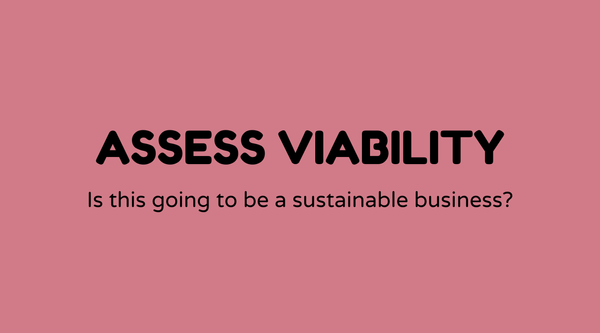Competitive intelligence

Overview of Competitive Intelligence
In today’s rapidly changing business environment, maintaining an advantage over competitors is essential. This is where competitive intelligence becomes essential. It involves gathering and analyzing information to make informed decisions that support your company's success. Competitive intelligence is not simply a luxury; it is fundamental for any organization aiming to differentiate itself in the marketplace.
Why Competitive Intelligence Matters
Every organization aspires to gain an advantage over its rivals. Competitive intelligence offers insights into the marketplace, enabling businesses to anticipate shifts, recognize risks, and capitalize on opportunities. This data-oriented approach can greatly influence strategic planning, product innovation, and marketing initiatives. Adopting competitive intelligence can lead to thriving within industry trends rather than being overwhelmed by them.
What is Competitive Intelligence?
At its essence, competitive intelligence (CI) entails the ethical gathering and analysis of information about the activities of competitors. This may encompass market analysis, product comparisons, and monitoring industry trends. CI is distinct from corporate espionage; it focuses on collecting information from legitimate sources, including public records and industry publications, to inform business strategies.
Organizations often establish dedicated CI teams that specialize in interpreting market signals and delivering actionable insights. Integrating CI into your strategic planning allows for a proactive approach rather than a reactive one.
How Do You Do Competitive Intelligence?
Conducting CI effectively requires a structured approach:
-
Define Objectives: Identify your goals for CI—are you aiming to grow your market share or innovate your product offerings?
-
Gather Information: Employ various techniques such as monitoring social media, reviewing industry reports, or subscribing to newsletters from competitors.
-
Analyze Data: It’s crucial to not only collect data but also interpret it. Identify patterns, opportunities, and risks within the information.
-
Make Informed Decisions: Utilize your findings to guide strategies, allocate resources wisely, or modify pricing structures.
Examples of Competitive Intelligence
Competitive intelligence can take various forms:
-
Pricing Strategies: Organizations like Amazon monitor competitor pricing in real-time to modify their own prices.
-
Product Development: Samsung analyzes competitive insights to identify trending features in the smartphone sector.
-
Market Positioning: Coca-Cola evaluates Pepsi's advertising approaches to refine its own marketing tactics.
FAQs
What roles are involved in competitive intelligence?
- Commonly, roles include CI analysts, researchers, and CI managers who collaborate to gather and interpret information.
Is competitive intelligence ethical?
- Yes, provided it is conducted through legal and ethical means. CI relies on publicly accessible information and avoids illicit activities.
How frequently should a company conduct CI?
- Continuous effort is recommended, rather than a singular activity, to maintain a competitive edge.
Can small businesses benefit from CI?
- Absolutely! Small businesses can utilize CI to uncover niche markets and strategically position themselves against larger competitors.
What tools assist in competitive intelligence?
- Tools such as SEMrush, Google Alerts, and LinkedIn Sales Navigator can be beneficial in gathering useful insights.
How can CI impact supply chain decisions?
- CI can help identify potential disruptions or opportunities in the supply chain by tracking competitor suppliers and shipping trends.



